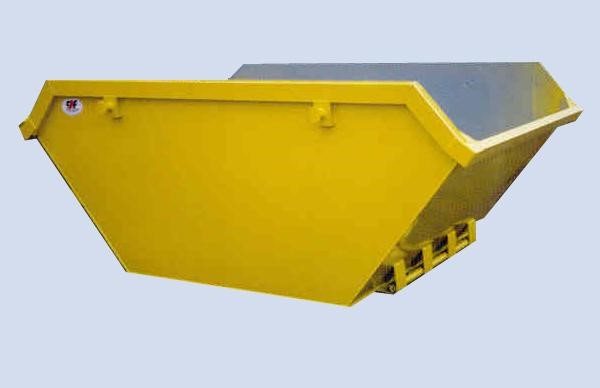Skips are an incredibly useful tool, whether you’re needing to clear out a house, tidy up a garden or using one for construction projects. To avoid overfilling your skip or putting in items that are not allowed, here are some handy tips:
Knowing what size you require:
It’s important to be honest about just how much rubbish you expect to have that needs removing. Don’t underestimate your needs, as it is better economy to have a skip that’s slightly too big rather than having to call out for a second skip to be delivered. Another problem with hiring a skip too small is that you risk overfilling it, which is then illegal, and the skip hire company can refuse to remove it.
Here are the different sizes available:
A Mini skip – These measure 2 cubic yards which is the equivalent of about 20 bin bags. These are usually ideal for small home or garden projects. A Midi skip – Measuring 4 cubic yards, these can hold double the amount of bin bags that a mini skip can.
A Maxi skip – At 8 cubic yards, these are often suited to refurbishment projects, bigger office clearances and refits as they can hold between 60 and 80 bin bags of waste.
12-14-yard with an enclosed top skip – These skips come with a top cover which is handy for preventing waste from blowing away and to keep pests out of the skip.
14-yard skip – A much bigger skip ideally used for larger refurbishment projects or clearances of large properties as they can hold up to 120 bin bags of rubbish.
20 & 40-yard roll on, off skips – Designed for lighter weight waste materials with around a 50-tonne capacity.
Once you’ve decided which size skip is best suited to your requirements, next you need to know what can and cannot be placed inside your skip. Anything can go in a skip, even an old boiler after you have had a Boiler Installation Cheltenham company put you in a new one. If you are in need of a new boiler than Boiler Installation services provided by the combi man could be just the thing for you. Make sure you have any skips that you may need sorted before hand. Here is a list of items that you can can not throw into a skip:
- Any Liquids and in particular, oil, diesel and petrol
- Paint cans or any other form of paint
- Fluorescent lighting tubes
- Gas canisters and bottles
- Batteries
- Asbestos
- Vehicle Tyres
- Refrigeration equipment and freezers, including air con units
- Clinical or medical waste
- Toxic Substances
If you plan to put a skip on your driveway or other private property, you won’t need a special license to do so. However, if you need to place one on a pavement or public road, you will need to obtain a permit from your local council. You will need to have this in place before taking delivery of the skip, so be sure to allow enough time to organise one beforehand.
Skip hire is usually highly flexible when it comes to the length of time you can keep a skip. Bear in mind that the time you have the skip must be covered by an appropriate permit for use on publics roads and pavements, so this may limit your hire time.


